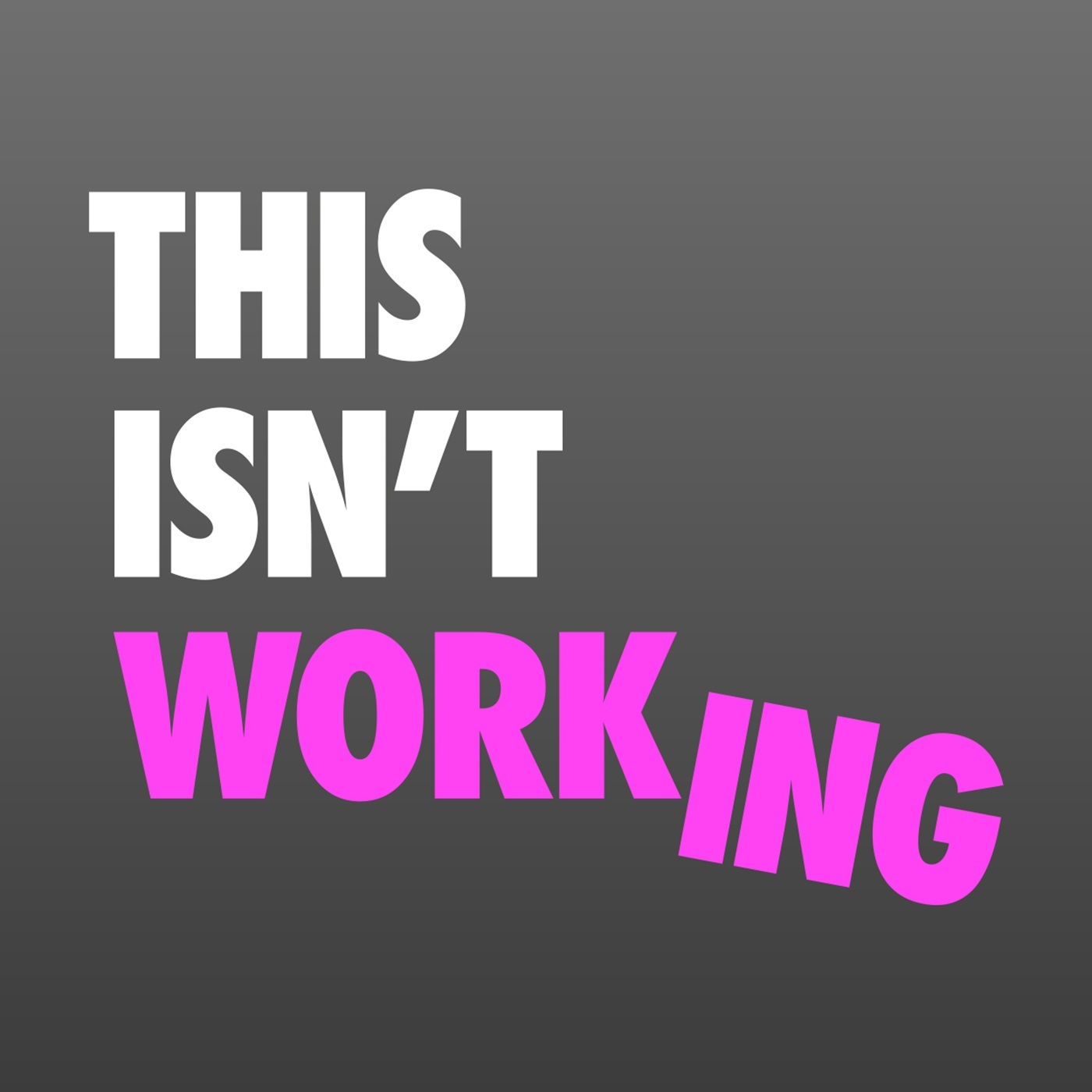Ep. 11 Sure your staff like DEI? A truth bomb for employers
Description
What is fuelling the backlash against DEI – and are some of your staff secretly loving it? Have employers overestimated their staff’s enthusiasm for their efforts to ‘level the playing field’ and be ‘inclusive’ of groups perceived to be ‘marginalised’?
This is the first half of a two-part conversation with the writer and commentator James Esses. Best known for his investigations into where good intentions have led to bad practice around diversity, equity and inclusion - particularly around trans inclusion - James makes no secret of the fact that he is not a fan of DEI.
So why invite him on a podcast primarily aimed at HR professionals?
Clearly, James doesn’t get a say in shaping employers' policy or strategy – and he doesn’t have deep knowledge of HR. But he provides valuable insight into the minds of the growing number of people who are – let’s say – DEI-sceptics.
Not only are James' views represented among your clients and customers, they will also be increasingly common among your staff (though it’s unlikely that they are telling you that to your face, for various reasons!)
Also, James raises some thought-provoking questions about the possible unintended consequences of some DEI work, challenging practitioners to ask whether we're sure we are still on the right track, or whether it’s time to reconsider some of what we are doing.
This conversation covers:
- What sort of employer practices and policies are people complaining about, to James?
- Would ‘scrapping DEI’ lead to meritocracy - or a severely restricted talent pipeline, sluggish progression and poor retention among certain groups?
- What are the risks to an organisation when poor quality DEI training and policies damage relationships with employees and customers - or when it bleeds into the products or services the organisation produces? (James cites examples at John Lewis, the BBC, the Financial Times and the NHS)
- Have staff networks become too powerful – or are there issues at leadership level too?
- Does a lack of visible, demographic diversity always indicate a problem that needs fixing? Or should we accept that some groups will always be under-represented in some organisations and industries?
- In its current form, is DEI actually delivering diversity or inclusion for organisations? Where is the diversity of opinions? Who is being included – and who is being excluded?
- Why are DEI sceptics like James so allergic to the concept of equity? What are the pitfalls when identifying and addressing advantage and disadvantage? (Thanks to James for talking about his own school years here)
- What message does it send to job applicants, when they learn they're in a group thought to need extra support? Is there a danger of fear-mongering and reinforcing a victim culture, by incentivising people to view themselves as disadvantaged and/or at increased risk of discrimination?
- Do employers deserve any sympathy for having been misled about the strength of the business case for demographic diversity? (We discuss the flawed McKinsey reports, and the failure of academic journals to set employers straight)
- Is it time for employers to look again at how to broaden their talent pipelines, and retain and progress diverse staff, in ways that feel more positive and avoid categorising people into ‘buckets’? Would a focus on social mobility (rather than demographic diversity) and resilience training (for staff at all levels) be a better way ahead?
Enjoy the episode!
Watch/listen on YouTube, Spotify or Apple Podcasts
https://linktr.ee/thisisntworking
Find James on X @JamesEsses https://x.com/JamesEsses
Read James's investigations on Matt Goodwin's Substack https://www.mattgoodwin.org/s/james-esses






